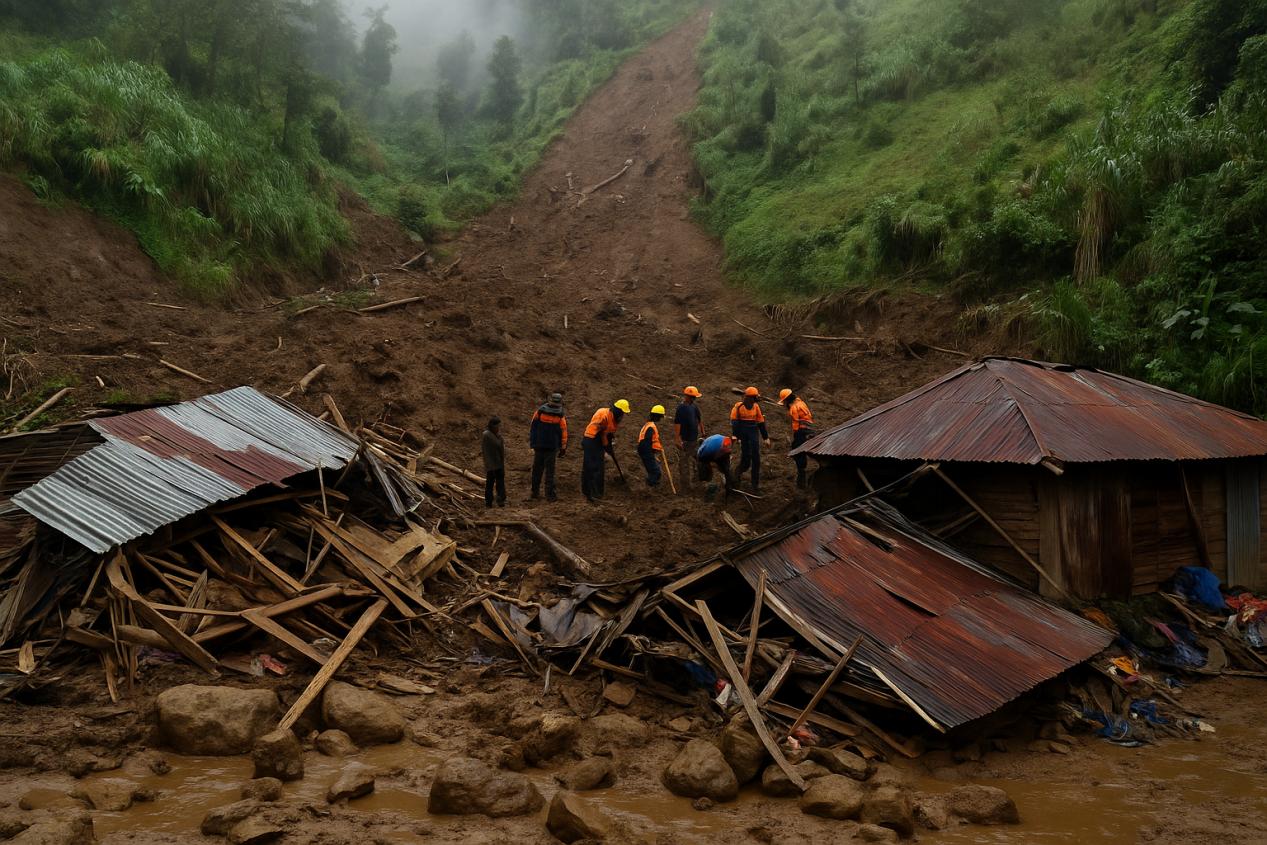
On November 12, 2024, New Zealand and the Gulf Cooperation Council (GCC) officially signed a milestone free trade agreement in Doha. The achievement of this agreement marks a new stage in economic cooperation between New Zealand and Gulf countries, and also brings unprecedented development opportunities for both sides.
New Zealand, an island nation located in the southwestern Pacific Ocean, is renowned for its unique geographical location, abundant natural resources, and developed livestock industry. In recent years, New Zealand has actively sought partners on the international stage and continuously expanded its trade network. The Gulf Cooperation Council (GCC) is a regional organization composed of seven Gulf countries, namely Saudi Arabia, the United Arab Emirates, Kuwait, Bahrain, Qatar, Oman, and Yemen. Its member countries have abundant oil and gas resources and are one of the world's important energy suppliers.
The trade negotiations between New Zealand and the Gulf Cooperation Council began many years ago, and both sides have been seeking a mutually beneficial and win-win cooperation model. After 18 years of arduous negotiations, the two sides finally reached this free trade agreement on November 12, 2024. The signing of this agreement not only reflects the firm determination of both sides to deepen economic and trade cooperation, but also demonstrates their joint responsibility in addressing global economic challenges.
The free trade agreement reached by both parties covers multiple fields and has brought many benefits to both sides. Firstly, in terms of trade liberalization, the agreement will eliminate 51% of New Zealand's export tariffs on the Gulf Cooperation Council region and provide duty-free access for 99% of New Zealand's export products over the next decade. This means that New Zealand's advantageous industries such as dairy products, red meat, horticultural products, and tourism services will be able to enter the GCC market more smoothly and enjoy more favorable tariff treatment. At the same time, energy products such as oil and natural gas from the Gulf Cooperation Council will also be able to enter the New Zealand market at more reasonable prices, meeting New Zealand's energy needs.
Secondly, in terms of investment cooperation, the agreement also includes an investment chapter that applies to all Gulf Cooperation Council countries except Saudi Arabia. New Zealand will sign a separate bilateral investment agreement with Saudi Arabia to further promote cooperation in the investment field. This measure will provide more investment opportunities and market access convenience for New Zealand enterprises, while also bringing more financial and technological support to the Gulf Cooperation Council countries.
In addition, the agreement also involves multiple aspects such as human capital and labor standards, women's economic empowerment, and sustainable development. By committing to the International Labour Organization's Declaration on Social Justice for a Fair Globalization, both parties will jointly promote the improvement of human capital and labor standards; By committing to the Convention on the Elimination of All Forms of Discrimination against Women, both parties will strive to achieve women's economic empowerment and gender equality; Through the General Cooperation Chapter on Sustainable Development, both parties will jointly address global challenges such as climate change and promote the achievement of sustainable development goals.
The free trade agreement reached between New Zealand and the Gulf Cooperation Council will have a profound impact and positive significance on both sides. For New Zealand, the signing of this agreement will bring significant trade growth and investment opportunities. New Zealand's dairy products, red meat and other agricultural products will be able to enter the GCC market more smoothly, meeting the region's demand for high-quality agricultural products. Meanwhile, New Zealand's tourism services will also benefit from this agreement, attracting more tourists from the Gulf region to come and visit. In addition, the agreement will provide more investment opportunities and market access convenience for New Zealand businesses, promoting the sustained development of the New Zealand economy.
For the countries of the Gulf Cooperation Council, the signing of this agreement will also bring many benefits. Firstly, Gulf Cooperation Council countries will be able to enjoy high-quality agricultural products and services from New Zealand, improving the living standards of their own people. Secondly, the agreement will provide more financial and technological support for the Gulf Cooperation Council countries, promoting the optimization of their economic structure and industrial upgrading. Finally, the agreement will also promote cooperation between both parties in the field of sustainable development, jointly addressing global challenges such as climate change.
The free trade agreement reached between New Zealand and the Gulf Cooperation Council is an important step in deepening economic and trade cooperation between the two sides, and also brings unprecedented development opportunities for both sides. However, both parties still need to continuously explore and innovate in future cooperation to achieve deeper and broader collaboration. During the execution of the agreement, both parties may encounter some difficulties and challenges that require joint efforts to resolve. Secondly, both sides need to continuously expand the areas and methods of cooperation, and promote the in-depth development of economic and trade cooperation. In addition to traditional trade and investment fields, both sides can also cooperate in emerging areas such as technological innovation and digital economy to jointly promote the transformation and upgrading of the global economy. Global challenges such as climate change and energy security require joint global efforts to address them. New Zealand and Gulf Cooperation Council countries can cooperate in this regard to jointly promote sustainable development of the global economy. The free trade agreement reached between New Zealand and the Gulf Cooperation Council is an important milestone in deepening economic and trade cooperation between the two sides, and also brings unprecedented development opportunities for both sides. Both sides need to work together, constantly explore and innovate to achieve deeper and broader cooperation, and jointly promote the prosperity and development of the global economy.

According to a report citing the Messenger Post of Papua New Guinea, a severe landslide occurred in the Wapenamanda area of Nga Province, Papua New Guinea recently, burying three houses and causing at least 11 deaths and over 20 people missing.
According to a report citing the Messenger Post of Papua Ne…
In the latest meeting minutes released by the Bank of Japan…
November 4th witnessed a "day of terror" in the cryptocurre…
On October 26th local time, Tesla's CEO Elon Musk announced…
When the US National Nuclear Security Agency fell into an "…
On November 3, 2025, Peru suddenly announced its diplomatic…